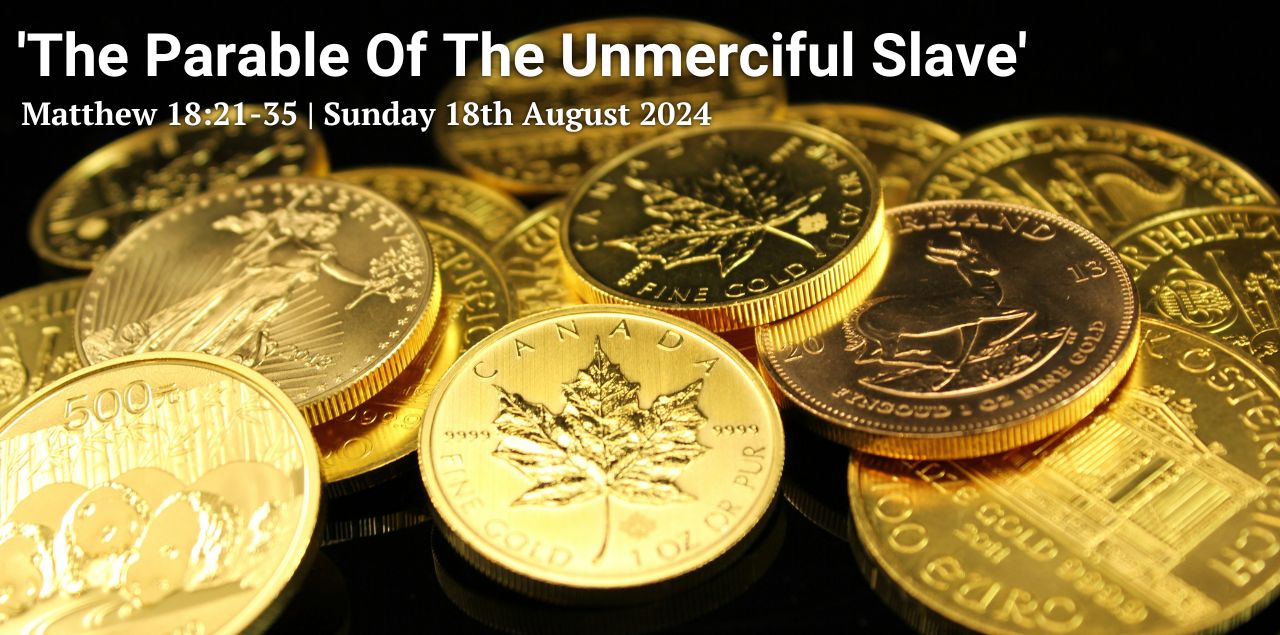
This parable begins with an unaccountable act of sheer mercy. A king, on hearing a plea for clemency, cancels a debt of an almost unimaginable size owed to him by one of his slaves. No repayments of any kind are required. We might expect the debt-free slave to go and do likewise. Instead, he violently assaults a fellow slave who owes him a relatively small sum and has him thrown into the debtors' prison. When the king hears this, in anger he has the unmerciful slave imprisoned and tortured until he pays back everything he owes.
In this way, Jesus brings forcibly back to mind the sentence at the heart of the Lord's prayer - forgive us our debts as we also have forgiven our debtors - and warns us for the second time that if we do not forgive others when they sin against us, our Father will not forgive our sins. This parable stings and raises difficult questions. But, in doing so, it points us to why we are often reluctant to forgive others, reminds us why it is nevertheless vital that we do so and, above all, teaches us what the enduring rationale for a life marked by superabundant mercy really is.